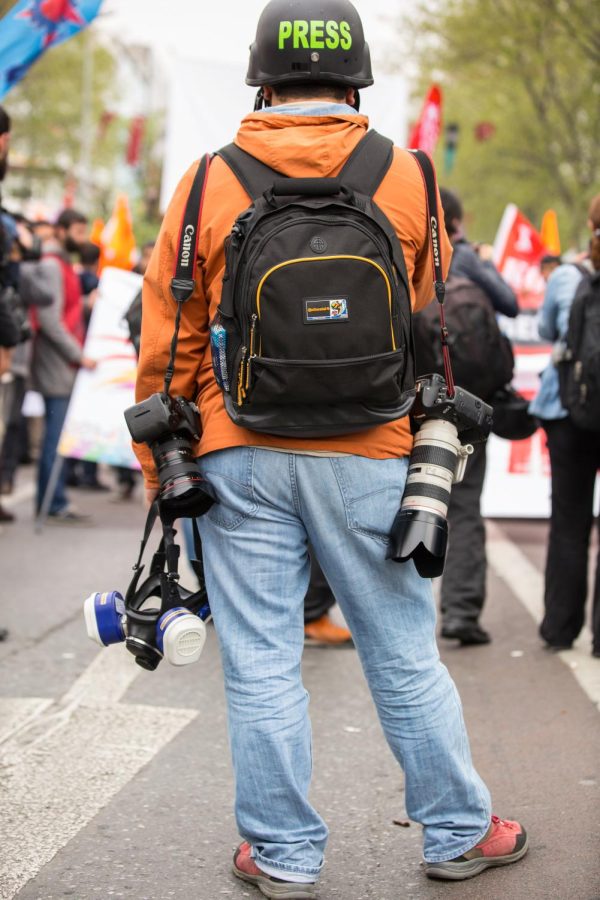You’re a Journalist, Not an Activist
In 2014 Matti Friedman, a Canadian-Israeli journalist, described in The Atlantic how the journalists around him felt compelled to “help” Palestinians. In and of itself, this is not an issue, yet this “helping” led to the ignoring of Hamas crimes and the centering of Israeli misdeeds; there’s only a story once Israel fires back. So dubbed ‘advocacy journalism’ relates not only to Israel-Palestine but also to just about everything you read. An entry into The New York Times’ Critic’s Notebook contained the rather presumptive line, “change in the genre [country music] is an illusion, always doomed to take a back seat to commercial expediency, as Black progress is set aside to assuage white comfort.” Another more prominent New York Times piece was the journalistic 1619 Project that included some egregious factual errors. As a journalistic community, it is time to address the issue at hand: our own unethical slanting.
First, no matter your justification, advocacy journalism is wrong. Advocacy journalism presents opinions as facts. Key information is often placed at the end of an article or not included at all. This is dangerous, no matter how righteous the cause. Is former President Trump a racist? Probably. But your reader can figure that out by themselves. Readers are not foolish; they can spot slanting, and will reasonably grow to distrust news sites. Furthermore, the readers who can’t spot the trickery will be effectively misled. Those who gullibly read the 1619 Project would be led to believe that America fought the revolution to protect slavery; this is not true. Advocacy is baseless without morality.
Several underlying problems contribute to advocacy journalism. Firstly, many journalists exist in bubbles. Most journalists are liberals that travel in politically isolated bubbles. This likely causes a form of myopia: “I’m not spreading propaganda like those Fox News nutjobs, I’m advocating for the people!” This leads us to my second point: journalists tend to romanticize ourselves; “We can’t just blandly narrate new zoning laws, we need to smash the patriarchy!” Advocacy is significantly sexier than objectivity, and many journalists have seemed to stop thinking with their heads. The final issue is the merging of journalism and non-governmental organizations (NGOs). These organizations often provide journalists with potential new jobs and social circles. NGOs are no longer to be criticized because their image has shifted from organization to friend. Thus the advocacy of NGOs is spread to journalists. We must attempt to peek outside our liberal circles, reassess our perception of journalism, and look at NGOs with a bit more skepticism.
As distrust of media skyrockets, the least to be expected is an attempt at objectivity. There is a quiet dignity in unimpassioned reporting. You don’t have to change the world; that’s a good thing. Journalists, it’s time to step down from the pulpit and give the Opinion writers their jobs back.

Jadyn has somehow survived 3 years of high school to become a senior. When not editing opinion articles, Jadyn can either be found stumping for Certamen...


